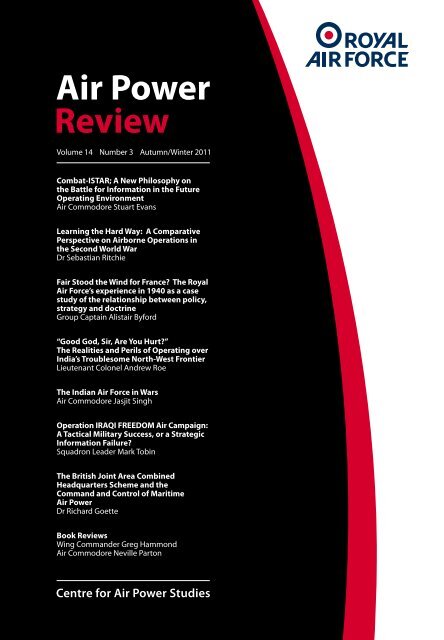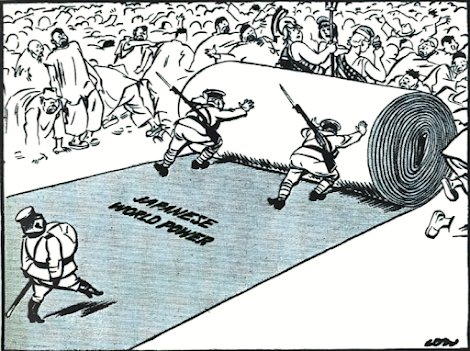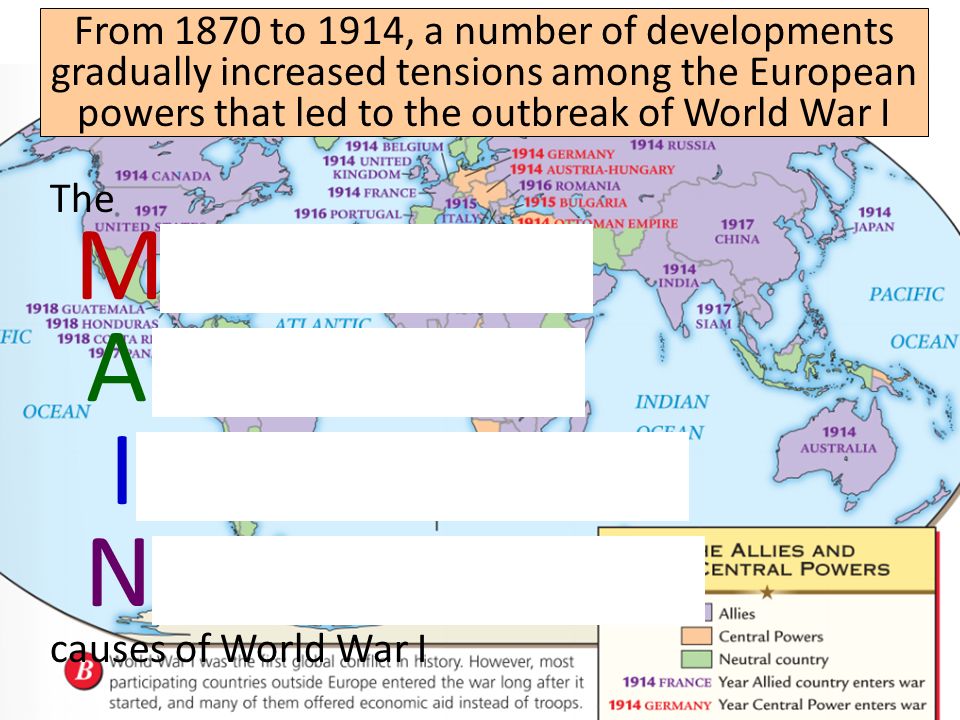Apr 22, 2023By Ben Updated on April 22, 2023 Hey there! In this post, I’m going to describe the part played by Germany in increasing European militarism. We’ll explore the various historical events that led to Germany’s role in the rise of militarism in Europe, including the Franco-Prussian War, the naval arms race, and the outbreak of World War I.
Text From 1914 to 1919, World War I erupted in Europe – ppt video online download
Militarism is the basic belief that a country should develop and maintain a strong military force, and aggressively use it where necessary, in order to defend or expand the nation’s interests. Indeed, the building of a strong military presence becomes the overriding policy of the state, subordinating all other national interests.

Source Image: yumpu.com
Download Image
First, militarism showed the rivalry that existed between the nation of Europe in the years for the outbreak of World War I. When the nations of Europe competed in the arms race and naval race it led to increased tensions. These tensions ultimately led to the start of World War I because it created an underlying feeling of distrust.

Source Image: idea-of-history.blogspot.com
Download Image
The United States and World War II – Peace History % % May 25, 2023Political, Imperialistic, and Nationalistic Factors. The causes of World War 1 were complex and multifaceted, involving political, economic, and social factors. One of the main causes of the war was the system of alliances that existed between European nations, which often required countries to take sides in conflicts and ultimately led to the

Source Image: tracesofevil.com
Download Image
What Part Did Militarism Play In Increasing Tensions In Europe
May 25, 2023Political, Imperialistic, and Nationalistic Factors. The causes of World War 1 were complex and multifaceted, involving political, economic, and social factors. One of the main causes of the war was the system of alliances that existed between European nations, which often required countries to take sides in conflicts and ultimately led to the German militarism was a broad cultural and social phenomenon between 1815 and 1945, which developed out of the creation of standing armies in the 18th century. The numerical increase of militaristic structures in the Holy Roman Empire led to an increasing influence of military culture deep into civilian life. Independent jurisprudence, conscription, but also increasing isolation of soldiers
Traces of Evil: IBDP Paper 1 Exam: Move to Global War
What part did militarism play in increasing tensions in Europe? 1) Militarism led to an arms race. 2) Militarism led to a ban on military weapons. 3) Militarism made people fearful of a Muslim invasion. 4) Militarism made people frightened of the spread of disease. Breakout: Inside China’s military buildup

Source Image: reuters.com
Download Image
Iron Kingdom: The Rise and Downfall of Prussia, 1600–1947 by Christopher Clark | Goodreads What part did militarism play in increasing tensions in Europe? 1) Militarism led to an arms race. 2) Militarism led to a ban on military weapons. 3) Militarism made people fearful of a Muslim invasion. 4) Militarism made people frightened of the spread of disease.

Source Image: goodreads.com
Download Image
Text From 1914 to 1919, World War I erupted in Europe – ppt video online download Apr 22, 2023By Ben Updated on April 22, 2023 Hey there! In this post, I’m going to describe the part played by Germany in increasing European militarism. We’ll explore the various historical events that led to Germany’s role in the rise of militarism in Europe, including the Franco-Prussian War, the naval arms race, and the outbreak of World War I.

Source Image: slideplayer.com
Download Image
The United States and World War II – Peace History % % First, militarism showed the rivalry that existed between the nation of Europe in the years for the outbreak of World War I. When the nations of Europe competed in the arms race and naval race it led to increased tensions. These tensions ultimately led to the start of World War I because it created an underlying feeling of distrust.

Source Image: peacehistory-usfp.org
Download Image
History of the Peloponnesian War by Thucydides | Goodreads Nov 8, 2022The growth of militarism in Europe can be seen as a cause of war in three major ways, firstly the glorification of war as well as a feeling that war was inevitable meant that a military solution and an overly strong influence of serving military officers on political decision making was apparent particularly in Germany.

Source Image: goodreads.com
Download Image
What was the interwar period in European history? – Quora May 25, 2023Political, Imperialistic, and Nationalistic Factors. The causes of World War 1 were complex and multifaceted, involving political, economic, and social factors. One of the main causes of the war was the system of alliances that existed between European nations, which often required countries to take sides in conflicts and ultimately led to the
Source Image: quora.com
Download Image
1914-1918: The History of the First World War by David Stevenson | Goodreads German militarism was a broad cultural and social phenomenon between 1815 and 1945, which developed out of the creation of standing armies in the 18th century. The numerical increase of militaristic structures in the Holy Roman Empire led to an increasing influence of military culture deep into civilian life. Independent jurisprudence, conscription, but also increasing isolation of soldiers

Source Image: goodreads.com
Download Image
Iron Kingdom: The Rise and Downfall of Prussia, 1600–1947 by Christopher Clark | Goodreads
1914-1918: The History of the First World War by David Stevenson | Goodreads Militarism is the basic belief that a country should develop and maintain a strong military force, and aggressively use it where necessary, in order to defend or expand the nation’s interests. Indeed, the building of a strong military presence becomes the overriding policy of the state, subordinating all other national interests.
The United States and World War II – Peace History % % What was the interwar period in European history? – Quora Nov 8, 2022The growth of militarism in Europe can be seen as a cause of war in three major ways, firstly the glorification of war as well as a feeling that war was inevitable meant that a military solution and an overly strong influence of serving military officers on political decision making was apparent particularly in Germany.